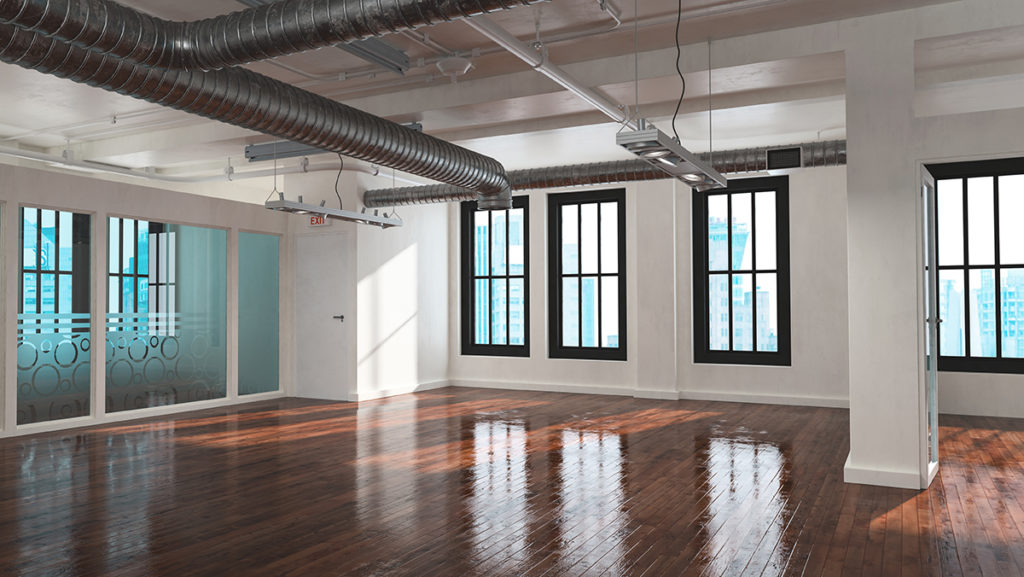Rents are rolling in again, but some financially-able tenants are still not paying. The eviction ban has been extended. What happens for commercial landlords when it’s over?
Even before covid, property companies with considerable retail portfolios were suffering. The rapid rise of internet shopping was feeding into a swift decline in bricks-and mortar retail. Then, with the onset of the pandemic, businesses were brought to their knees. Failing firms began to close, and governments made allowances for businesses that couldn’t keep up rent payments.
Plan Insurance can accommodate your Property Owners & Landlord Insurance needs. Just fill in our short online quote form, and our professional brokers will be in contact to arrange your insurance.
Some of the UK’s biggest commercial landlords are finally reporting a rise in rent collection for the latest quarter. However, after what has been the most devastating time in recent memory for commercial landlords, reports say that retail and leisure tenants continue to hold back cash.
FTSE 100 giant Land Securities collected 76% of the amount due on the June quarter payment date, up moderately from 67% the previous quarter. The following month they report that approximately 80% had now paid the rent owed. Land Securities’ rival Derwent London reported that 89% of their rent was collected for the June quarter, increasing only 2 points from 87% of rents collected in March.
Dark Days Continue For The Gloomiest Year In History
The ban on commercial evictions (also known as ‘the moratorium’) started in mid 2020 and was due to stop in June 2021. However, the government has now announced that it will continue until March 2022. The eviction ban is estimated to have cost British landlords £6 billion so far.
Many from the property sector believe that the eviction ban needs to end for commercial landlords to address tenants’ abuse of the system. Financially capable businesses, now trading without restrictions, are still refusing to pay rent.
Are Retail Stores About To Have A Golden Age?
Analysts at J.P Morgan believe that after a crushing pandemic and even a few declining years before that, things are seriously looking up for the bricks-and-mortar retail sector.
A survey found that more consumers than ever plan to spend time in shopping malls and retail parks. Many said that they are more inclined to be out the house shopping than before the pandemic. Data shows that shopping mall apps are being downloaded 75% more than during last year’s peak.
Perhaps people are just sick of being at home, and even same-day delivery can’t keep people shopping from their couches.
What Happens After The Moratorium Ends?
With the long goodbye to the pandemic underway, the moratorium looks unlikely to be extended beyond March 2022. The British Retail Consortium says that two-thirds of retailers in the UK are at risk of legal action after the ban on evictions and debt collection from commercial tenants is lifted.
Eventually, both tenants who have been genuinely unable to pay rent and those who have chosen to take advantage of the government’s eviction ban will have to discuss options with their landlords.
By the end of the eviction ban, commercial property companies will have had their hands tied for close to 2 years. The likelihood of them having sympathy for financially capable non-paying tenancy is slim. Landlords will likely take drastic action against tenants. Some businesses, that are genuinely struggling but simply need a little more hand holding to nurse them through the tail end of the most challenging of times, may sadly get caught in the cross fire.


